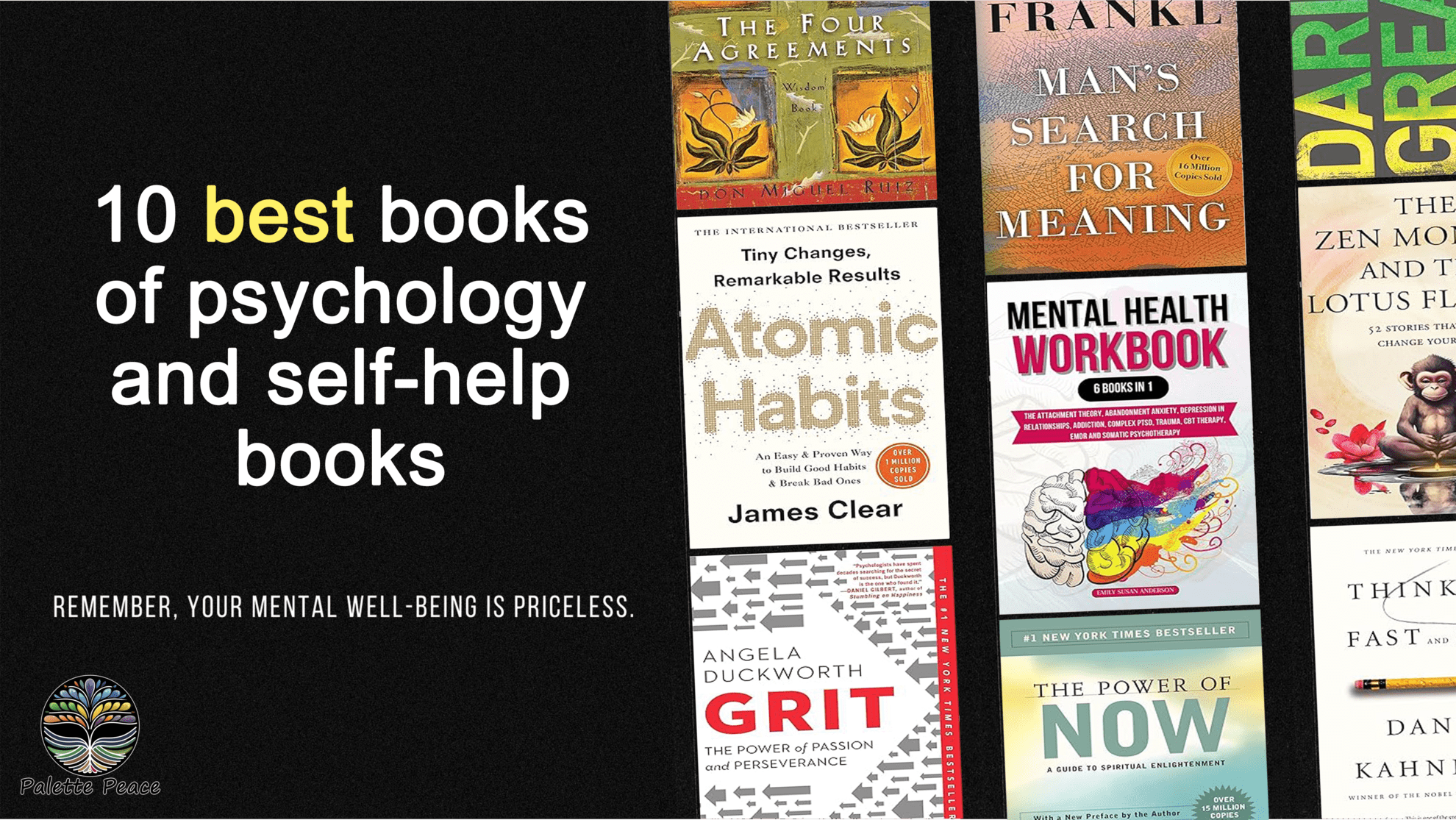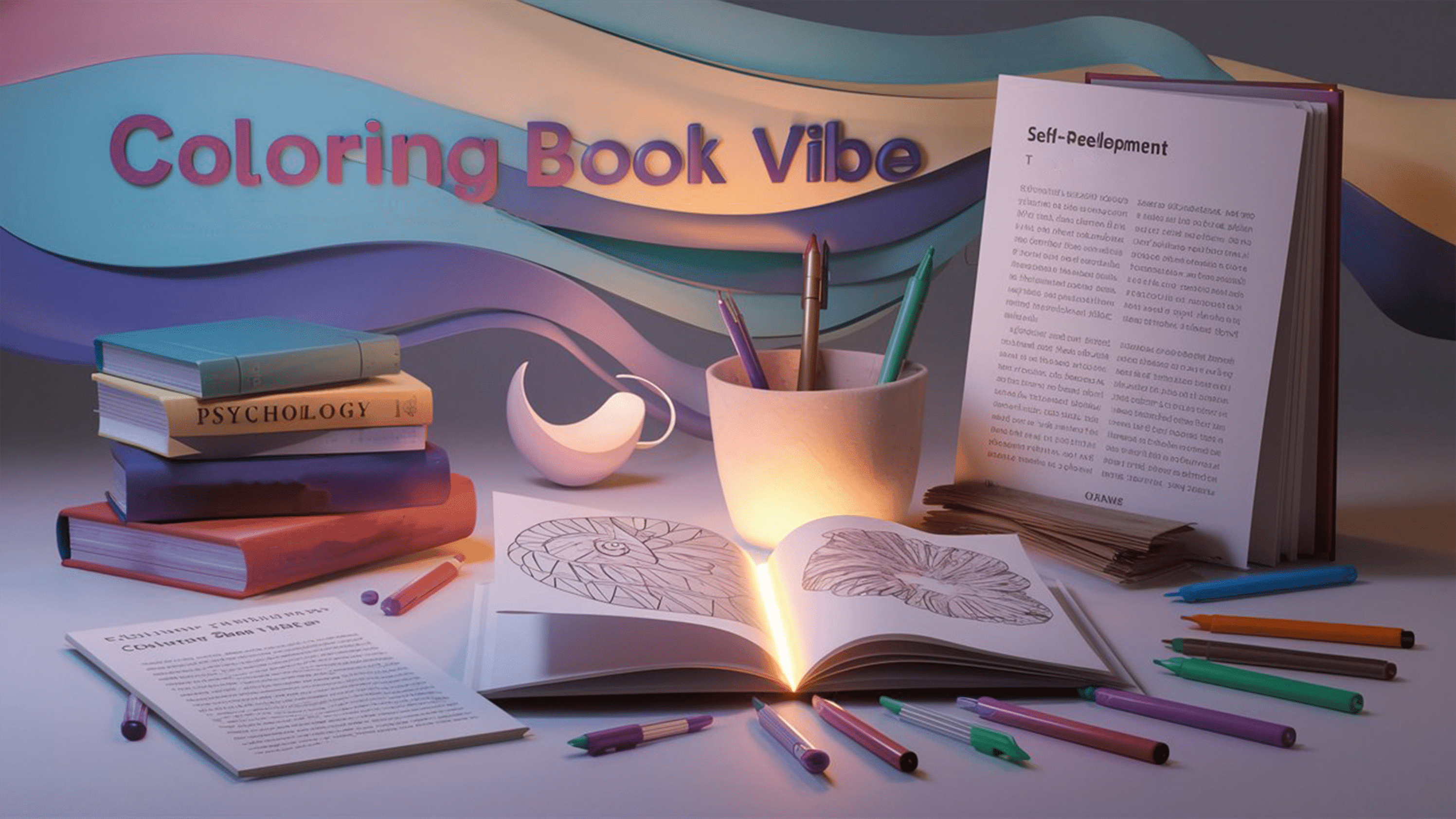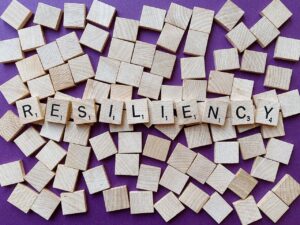Self-acceptance is not only crucial for personal well-being but also has a profound impact on our relationships. When we love and accept ourselves, we bring a healthier, more authentic version of ourselves into our connections, fostering trust, empathy, and mutual respect. This article will explore the importance of self-acceptance in relationships, how it leads to stronger connections, and ways to cultivate self-love to improve your relationships with others.
1. Understanding Self-Acceptance in Relationships
Self-acceptance is the act of acknowledging and embracing all parts of yourself—strengths, weaknesses, and everything in between—without judgment. When applied to relationships, self-acceptance means you don’t rely on others to validate your worth; instead, you feel secure and fulfilled from within. This inner security allows you to approach relationships from a place of openness and honesty, creating a healthy foundation for meaningful connections.
The Difference Between Self-Acceptance and Approval-Seeking
Without self-acceptance, people may enter relationships hoping to find validation or approval from others, leading to dependency. Relying on others for self-worth puts pressure on the relationship and may lead to insecurities and conflicts. However, when you accept yourself, you can approach relationships without the need for constant reassurance, allowing both parties to feel free and valued for who they are.
2. How Self-Acceptance Enhances Relationships
Self-acceptance positively impacts every area of a relationship, from communication to emotional support and trust. Below are some of the ways self-acceptance can improve relationships with others.
a. Encourages Honest Communication
When you accept yourself, you’re more likely to communicate openly and honestly. You don’t fear rejection or judgment, so you’re willing to share your feelings, thoughts, and needs openly. Honest communication fosters understanding and prevents misunderstandings, strengthening the bond between you and your partner.
- Example: Someone who practices self-acceptance is more likely to express their needs and boundaries clearly, reducing resentment and conflict in the relationship.
b. Reduces Jealousy and Insecurity
Self-acceptance helps eliminate the insecurities that often lead to jealousy in relationships. When you feel confident in who you are, you’re less likely to feel threatened by external factors, such as your partner’s friendships or success. This reduces jealousy and fosters trust, creating a healthier, more stable relationship.
- Example: A person who has a strong sense of self-acceptance is less likely to become overly possessive or jealous, as they trust their own worth and the foundation of their relationship.
c. Builds Mutual Respect
People who accept themselves are more likely to respect others for who they are. This creates a foundation of mutual respect, allowing both partners to feel valued and understood. Self-acceptance allows you to see and appreciate your partner’s unique qualities without judgment, leading to a more balanced and fulfilling relationship.
d. Fosters Empathy and Understanding
When you accept your own imperfections, it becomes easier to empathize with others. Self-acceptance allows you to understand and accept your partner’s flaws and weaknesses, fostering a compassionate approach that strengthens the relationship.
- Example: Instead of reacting critically to a partner’s mistakes, someone with self-acceptance may respond with understanding and support, deepening the emotional bond.
e. Encourages Healthy Boundaries
Self-acceptance empowers you to set and maintain healthy boundaries. You understand your worth and respect your needs, so you’re able to establish limits that prevent emotional exhaustion and conflict. Healthy boundaries allow both partners to grow individually while maintaining a strong relationship.
3. Steps to Cultivate Self-Acceptance for Better Relationships
Practicing self-acceptance takes time and commitment. Here are practical steps to help cultivate self-love, enhancing your relationships in the process:
a. Practice Self-Compassion
Self-compassion involves treating yourself with kindness and understanding, especially during times of failure or difficulty. It reduces self-criticism, helping you develop a sense of inner peace that positively impacts your relationships.
- How to Practice: When you make a mistake, respond to yourself as you would to a friend—without harsh judgment. Acknowledge your feelings and offer yourself words of kindness and encouragement.
b. Acknowledge Your Strengths and Weaknesses
Accepting both your strengths and weaknesses fosters self-acceptance. When you embrace all aspects of yourself, you become less dependent on others for validation, making you a more secure and supportive partner.
- How to Practice: Make a list of your strengths and weaknesses, and celebrate each as part of your unique self. Recognize that no one is perfect and that both strengths and flaws contribute to who you are.
c. Set Realistic Expectations for Yourself
Unrealistic expectations can lead to disappointment and self-criticism, which may spill over into your relationships. Setting achievable goals helps you cultivate self-acceptance by encouraging a balanced view of yourself.
- How to Practice: Set small, attainable goals, and celebrate each accomplishment. Embrace setbacks as learning experiences rather than failures, and allow yourself to grow without pressure.
d. Let Go of Comparisons
Constantly comparing yourself to others hinders self-acceptance. Focusing on your unique qualities fosters self-love, allowing you to be present in your relationships without feeling insecure.
- How to Practice: Whenever you catch yourself comparing, redirect your focus to your own achievements and progress. Remind yourself that everyone’s journey is different and that your worth is independent of others.
e. Develop Healthy Boundaries
Boundaries are essential for self-acceptance. When you honor your needs and limits, you prevent emotional exhaustion and resentment, creating a stable foundation for relationships.
- How to Practice: Define your personal values and limits. Communicate these boundaries to your partner and respect theirs in return.
4. The Benefits of Self-Acceptance in Romantic Relationships
Self-acceptance is essential for a healthy romantic relationship. Here’s how it contributes to a deeper, more fulfilling bond with a partner:
a. Creates a Safe Space for Growth
When both partners accept themselves, they can grow individually while supporting each other’s personal journeys. Self-acceptance fosters an environment where each partner feels safe to explore and develop without fear of judgment.
b. Strengthens Commitment and Loyalty
Self-acceptance leads to loyalty because you are less likely to look for external validation. When you love and accept yourself, you enter a relationship from a place of wholeness rather than dependency, making you more committed and loyal.
c. Enhances Physical Intimacy
Self-acceptance has a positive impact on physical intimacy as well. When you feel comfortable and confident in your body and identity, you can be more open and authentic with your partner, leading to a deeper, more intimate connection.
5. Self-Acceptance in Friendships and Family Relationships
Self-acceptance isn’t only beneficial in romantic relationships; it also strengthens friendships and family connections. By embracing yourself, you improve your ability to empathize, communicate, and maintain healthy boundaries, all of which contribute to lasting, meaningful relationships with friends and family.
a. Encourages Open Communication in Friendships
Self-acceptance fosters open communication with friends, allowing you to express yourself freely without fear of rejection. This openness leads to stronger bonds and a sense of mutual support.
b. Reduces Family Conflicts
In family relationships, self-acceptance helps you respond to conflicts with empathy rather than defensiveness. You are better equipped to understand and accept family members as they are, which can lead to more harmonious relationships.
c. Allows for Healthy Independence
Self-acceptance supports a sense of independence, which is essential in friendships and family relationships. It allows you to maintain your individuality while connecting with others, fostering a balance between personal growth and connection.
6. Building Lasting Relationships Through Self-Acceptance
Self-acceptance is a key component of long-lasting, fulfilling relationships. By loving yourself, you improve your emotional resilience, foster empathy, and approach relationships from a place of authenticity and security.
Focus on Personal Growth
Self-acceptance allows you to view relationships as part of your journey rather than the sole source of happiness. By focusing on your growth, you bring a sense of purpose and fulfillment into your relationships, enriching both you and your partner.
Celebrate Mutual Growth
Self-acceptance encourages partners, friends, and family members to grow together. It allows you to appreciate each other’s journey, supporting mutual development without jealousy or insecurity.
Honor Your Needs and Goals
Self-acceptance means valuing your needs and goals. It encourages you to pursue your dreams while supporting those of your loved ones, creating a relationship dynamic built on support and mutual respect.
Conclusion
Self-acceptance is the foundation of strong, meaningful relationships. By loving yourself, you bring authenticity, empathy, and trust into your connections, allowing them to flourish. Embracing self-acceptance enhances your ability to communicate openly, respect boundaries, and support the growth of both yourself and others. As you continue to cultivate self-love, you’ll find that it not only transforms your own life but also deepens and enriches every relationship you hold dear.

10 best books of psychology and self-help books
If you’re looking to dive into the world of psychology and self-help, these 10 books are essential reads for anyone interested in understanding the mind and improving their life. These books offer a combination of scientific insight and practical advice to help you better understand yourself and others, while also offering tools for personal growth and mental well-being.

The Therapeutic Power of Coloring: How Art Relieves Stress and Anxiety
Coloring has evolved from a childhood pastime into a therapeutic tool used by adults to combat stress and anxiety. The simplicity of this activity hides its profound benefits on mental health. From promoting mindfulness to stimulating creativity, coloring has emerged as an accessible and effective method for stress relief. In this article, we’ll explore how coloring provides a break from daily stressors, its effects on brain function, and how it can be incorporated into your routine as a method of coping with anxiety.
Let your imagination run free, Immerse yourself in a world of colors and beauty. Remember, your mental well-being is priceless.
Team coloringbookvibe.com

Coloring Book Vibe is a dedicated publisher of captivating coloring books, along with instructional books on drawing and coloring techniques. We are deeply passionate about the art of coloring, ensuring our designs are always intricate, beautiful, unique, and often infused with a touch of humor. We highly value our customers and always welcome feedback and suggestions. Our collection features an incredible array of coloring books across various genres, including Fantasy, Animals, Mandalas, Doodle Patterns, Floral, Landscapes, Country Scenes, and more.
Previous Next Into a world of calm and optimism Peace & Creativity 100%


